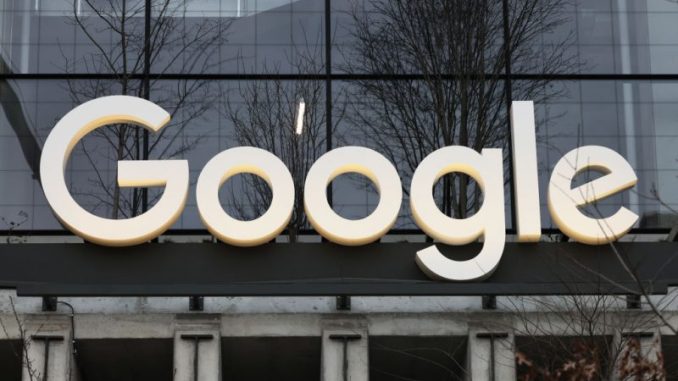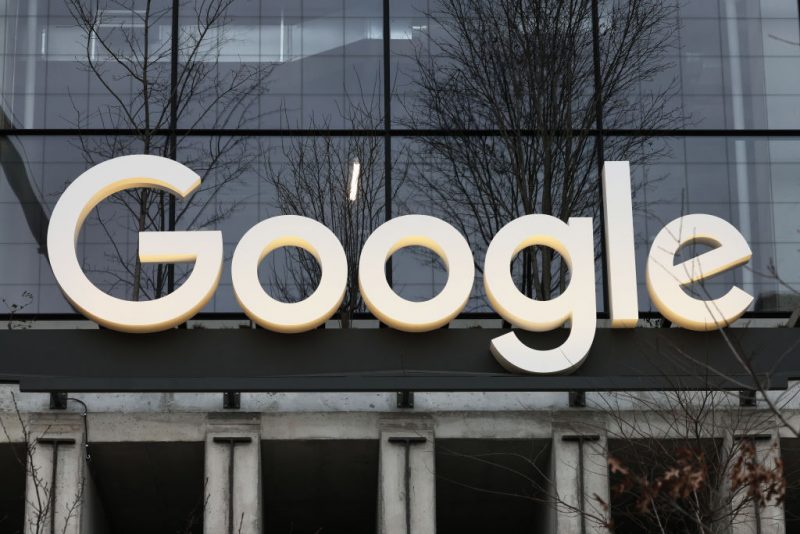

OAN Staff James Meyers
2:10 PM – Monday, August 5, 2024
A federal judge ruled on Monday that Google violated U.S. antitrust laws with its online search business, handing the tech giant a staggering court defeat with the potential to reshape how millions of Americans get information online, and potentially ending the decades of dominance.
Advertisement
Judge Amit P. Mehta of the U.S. District Court for the District of Columbia ruled that Google abused its monopoly power by paying companies to present its search engine as the default choice on devices and web browsers.
“After having carefully considered and weighed the witness testimony and evidence, the court reaches the following conclusion: Google is a monopolist, and it has acted as one to maintain its monopoly,” Judge Amit Mehta wrote in Monday’s opinion. “It has violated Section 2 of the Sherman Act.”
Currently, Google pays companies such as Apple and Mozilla billions of dollars for prime placement in web browsers and smartphones.
According to The New York Times, Google paid Apple around $18 billion to be the default search engine on iPhones in 2021, while Google also shares 36% of search ad revenue from Safari with Apple.
Monday’s high stakes decision marks the second high-profile antitrust defeat for Google. A federal jury in California previously decided in December that Google runs an illegal monopoly with its proprietary app store. The court in that case is still deliberating possible remedies.
The judge’s decision is now expected to prompt a separate proceeding in order to determine what penalties Google will face, and the company will most likely file an appeal. The latest ruling could also ultimately decide what changes Google makes to its search engine.
If Google’s agreements are taken away by the court, it could have a negative effect on the company’s Artificial Intelligence (AI) search tools, Emarketer senior analyst Evelyn Mitchell-Wolf said in an emailed statement.
“Its ubiquity is its biggest strength, especially as competition heats up among AI-powered search alternatives,” Mitchell-Wolf said.
Judge Mehta has yet to rule on remedies for Google’s behavior. However, he could force the company to change the way it runs its search business, or order it to sell off parts of that business.
Additionally, the ruling could set a trend for other tech antitrust cases that are moving through the courts, which include recently reported lawsuits involving Apple and Amazon.
Stay informed! Receive breaking news blasts directly to your inbox for free. Subscribe here. https://www.oann.com/alerts
Advertisements below





Be the first to comment